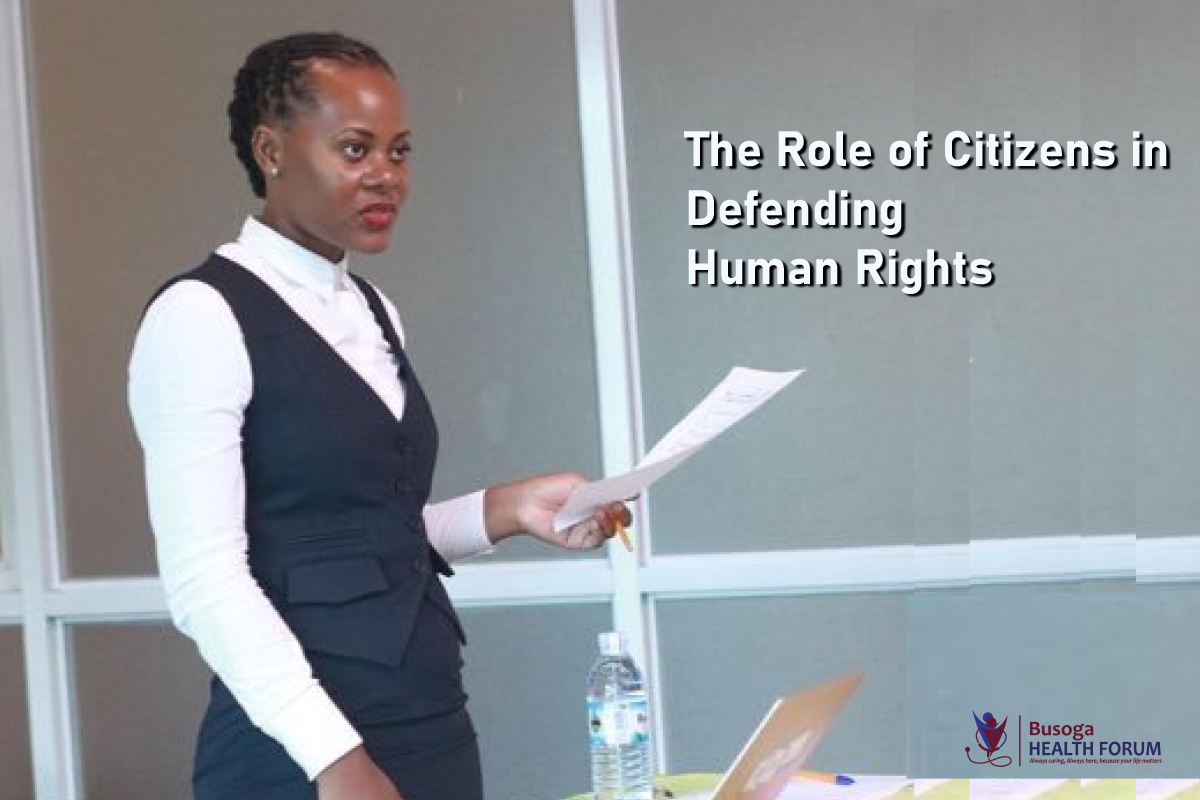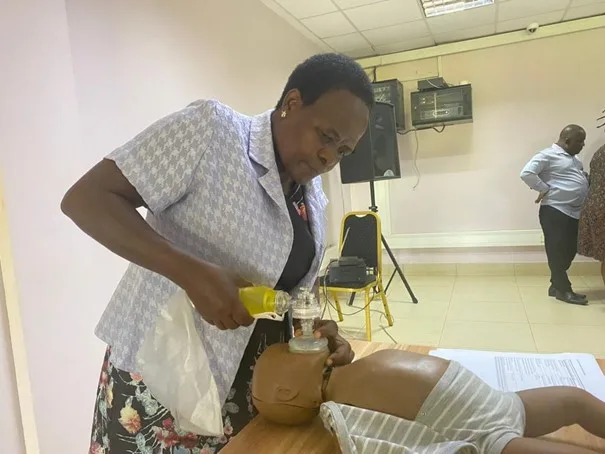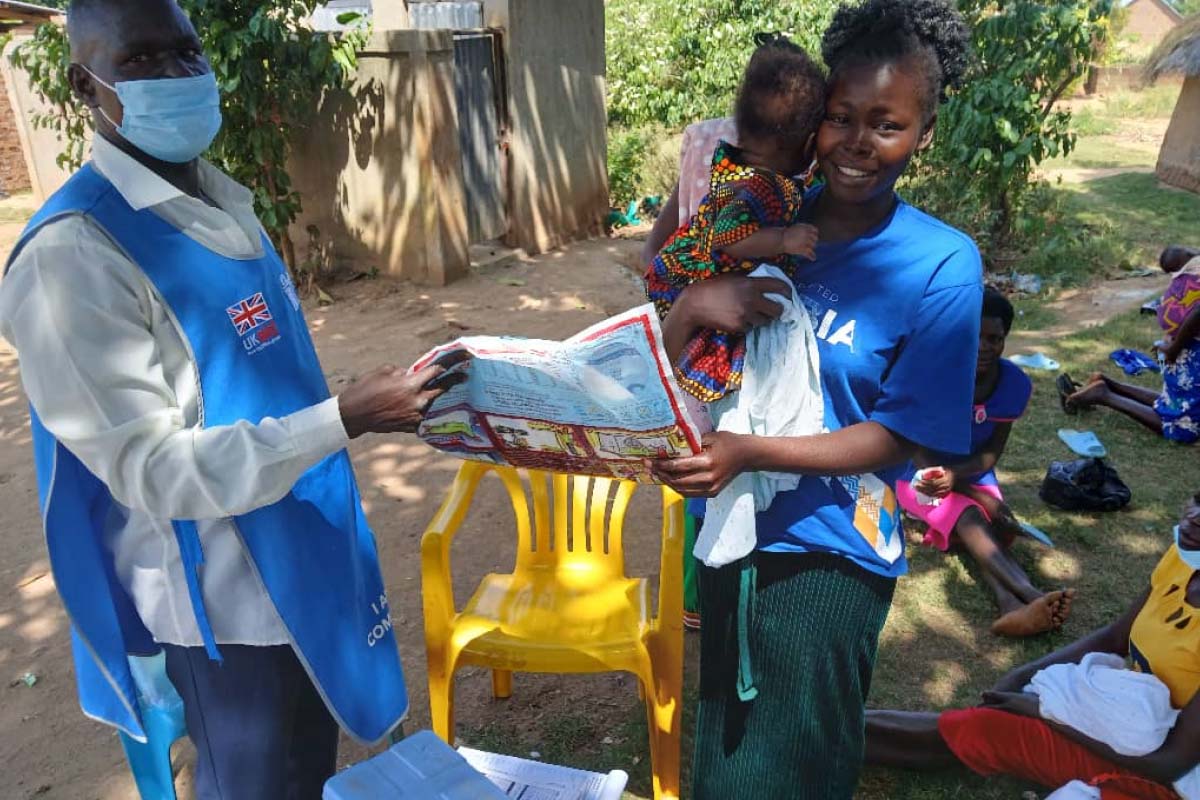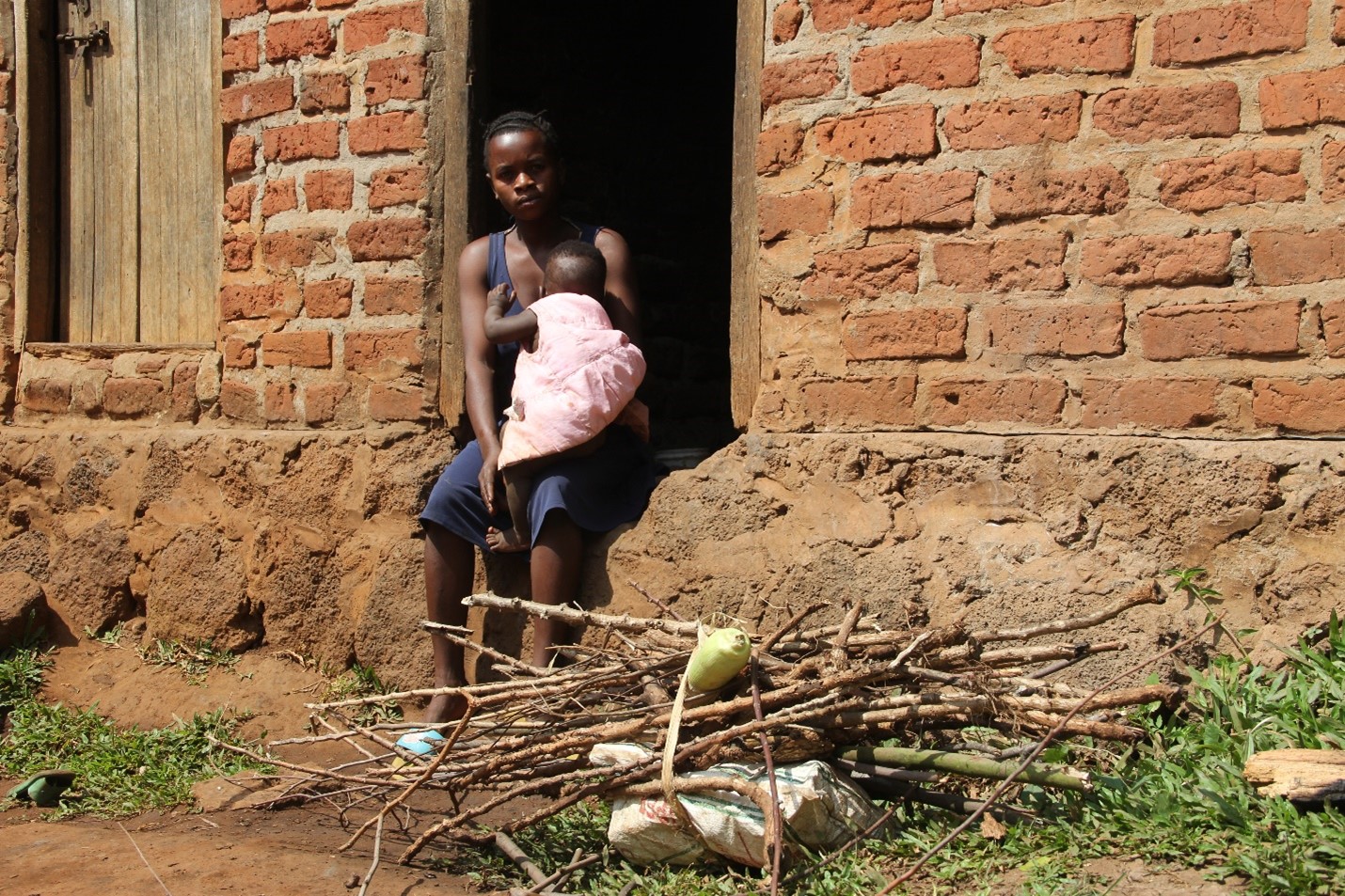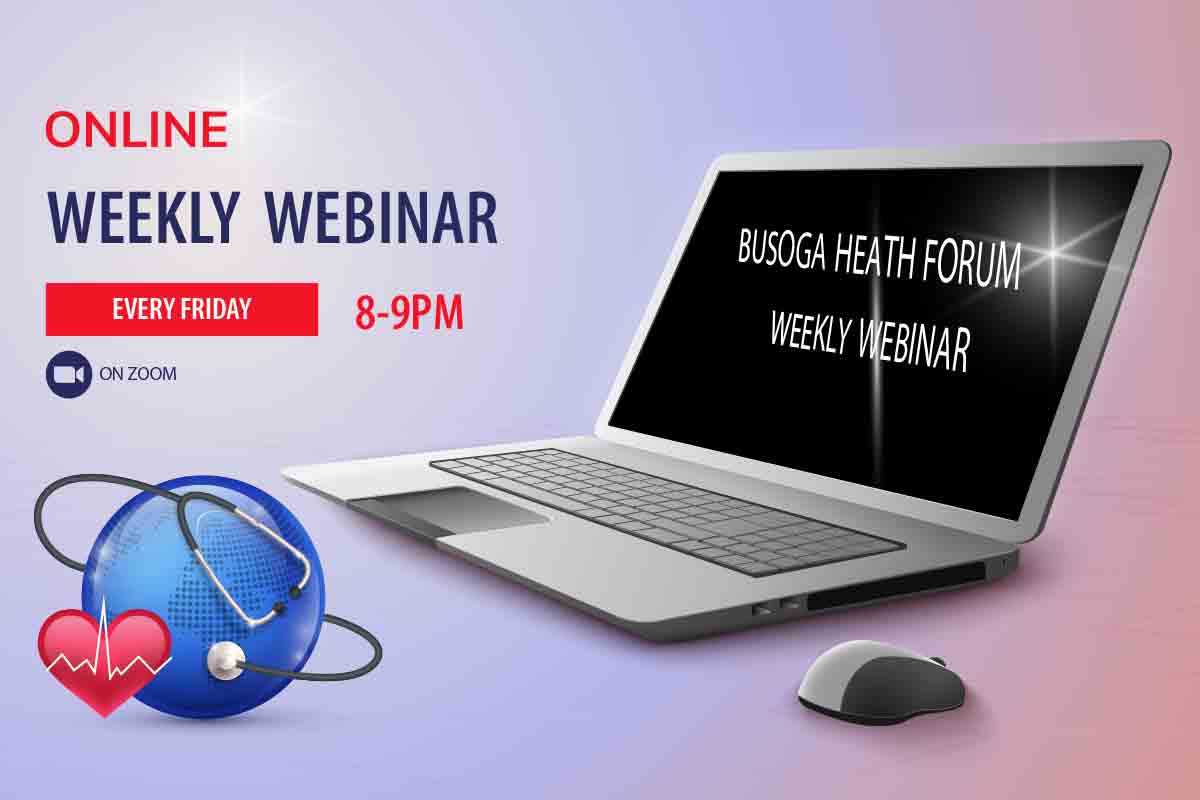
CONTINOUS PROFESSIONAL DEVELOPMENT
Introduction: Health workers in Busoga region require continual medical education to maintain their competence and to improve the quality of health care services. The purpose of this proposal is to provide a comprehensive program for continuous medical education on a weekly basis for health workers in the region.
Objectives:
- Provide health workers with the latest evidence-based medical knowledge and best practices in the diagnosis, treatment, and management of common diseases and health conditions.
- Improve the quality of healthcare services provided to communities in Busoga region through the delivery of high-quality and up-to-date medical education.
- To increase the efficiency and effectiveness of health workers.
- To promote professional growth and development of health workers.
Program Delivery:
The program will be delivered through a variety of modalities, including:
- Weekly Sessions: Health workers will attend weekly sessions to receive training and updates on current practices and developments in their field.
- Interactive Workshops: Interactive workshops will be held to provide hands-on training and practical skills. This may be: Face-to-face training sessions led by experienced medical professionals and subject matter experts, Or Peer-to-peer learning and knowledge-sharing opportunities, and Practical training sessions and hands-on experience in health facilities across the region.
- Case Studies: Health workers will engage in case studies and discussion groups to apply their learning and share best practices.
- Online Resources: Health workers will have access to online resources and materials to support their learning. Or Online webinars and e-learning modules.
- CPD points will be awarded to all the participants on a weekly basis as a way of catering for individuals who are required to have CPD points
- Proceedings and way forward will be documented and used in influencing policy and decision making as far as Busoga region is concerned.
Target audience: The target audience includes members of; Uganda Medical and Dental Practitioners Council (UMDPC), Allied Health Practitioners Council (AHPC) , Uganda Nurses and Midwives Council(UNMC), Academia, students, Public health practitioners and non-health practitioners, among others
Program Content:
The CME program will cover a range of topics/competencies relevant to the practice of frontline health workers. The topics will include, but are not limited to:
- Pediatrics and Child Health
- Addiction Medicine
- Anesthesia
- Dermatology
- Emergency Medicine
- General Medicine
- Intensive Care Medicine
- Medical Administrative
- Obstetrics and gynecology
- Occupational and Environmental Medicine
- Ophthalmology
- Pain Medicine
- Palliative Medicine
- Pathology
- Internal Medicine
- Psychiatry
- Public Health
- Radiation Oncology
- Radiology
- Rehabilitation Medicine
- Sports and Exercise Medicine
- Surgery
- Dental Surgery
- Pulmonology
- Cardiology Diagnosis,
- Nutrition and healthy lifestyle promotion.
- Infection prevention and control.
- Emergency care and first aid.
Duration and Frequency: The program will run for 52 weeks, with ongoing evaluations and assessments to ensure its effectiveness. Weekly sessions and interactive workshops will be held on a regular basis, with case studies and online resources offered as needed.
Program Evaluation:
The program will be evaluated through a range of mechanisms, including:
- Pre- and post-training assessments of knowledge and skills.
- Feedback and evaluations from participants and trainers.
- Tracking of changes in health outcomes in communities served by participating health facilities.
Program Implementation:
The CME program will be implemented in collaboration with the Ministry of Health and other partners, including health professional associations, academic institutions, and non-governmental organizations. The program will be tailored to meet the specific needs of health workers in Busoga region, considering the local context, cultural norms, and healthcare priorities.
Conclusion: Continual medical education is essential for health workers in the Busoga region to maintain their competence and improve the quality of health care services. This program will provide a comprehensive approach to medical education on a weekly basis and promote the professional growth and development of health workers.

